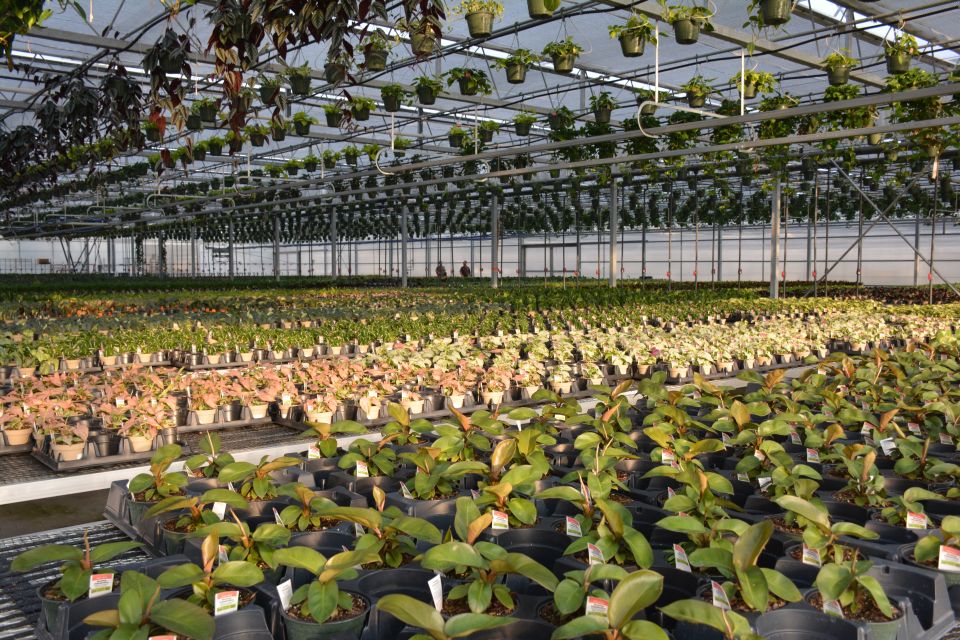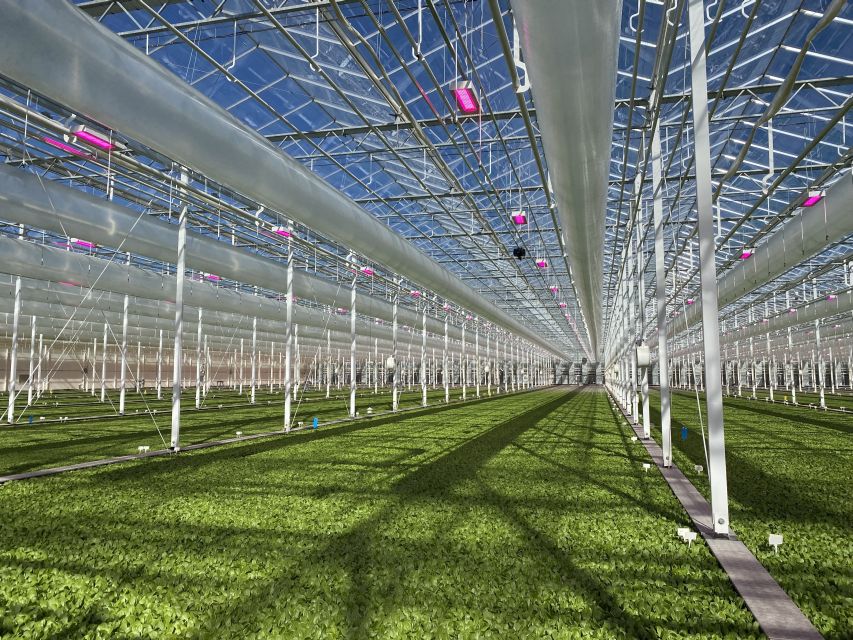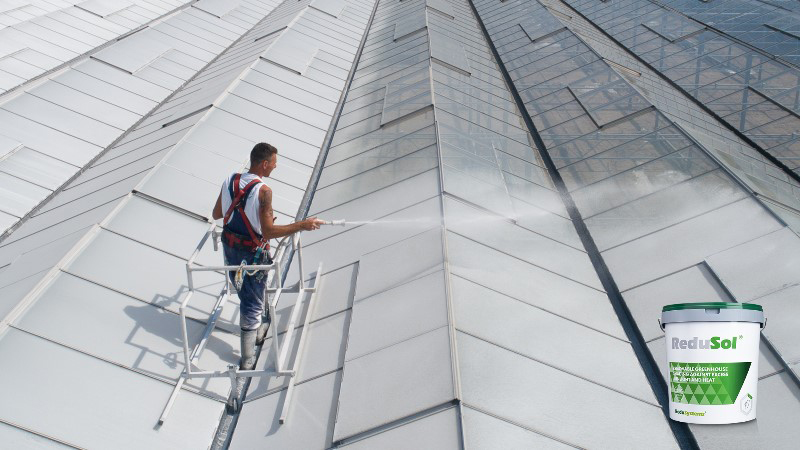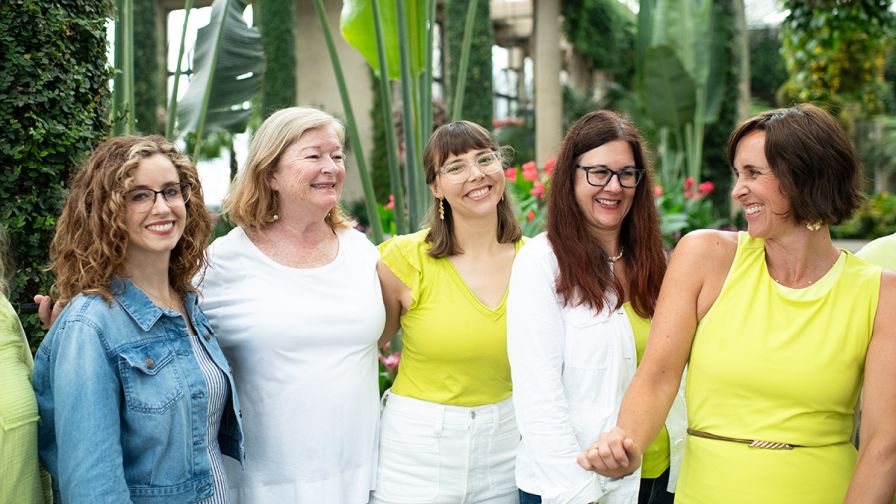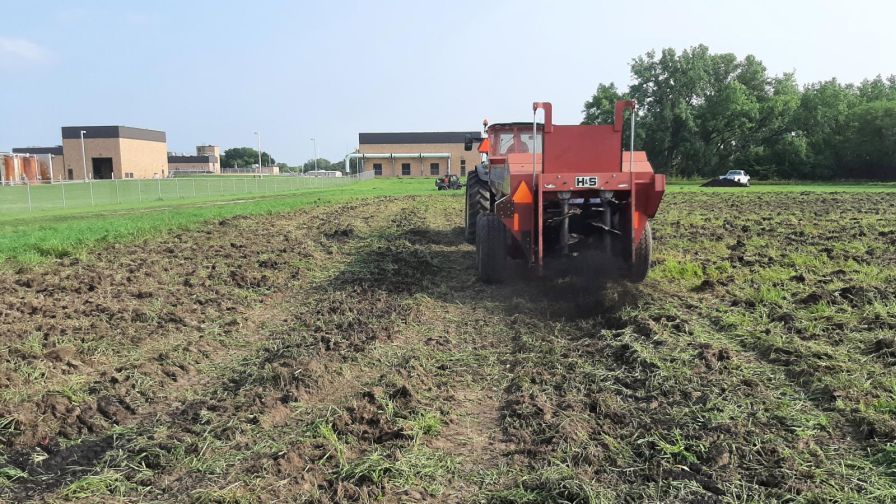Data, AI Key Themes at GreenTech 2023
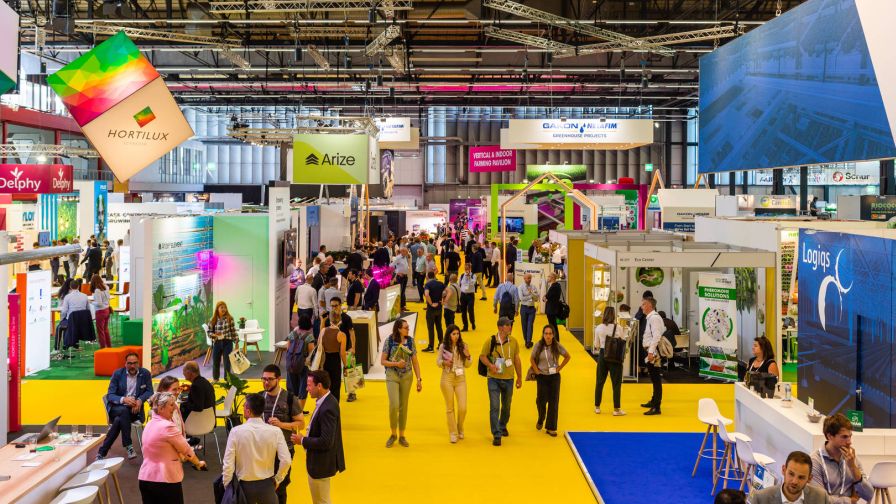
Photo: RAI
Technology is the way of the future, no doubt about it. Thousands descended on the RAI Amsterdam Convention Centre in June to attend GreenTech, the horticulture industry’s leading trade show on technology and innovation.
With so many digital natives in attendance, the show was adapted to meet the needs of tech-savvy people. For example, there was no paper brochure or show book. Attendees downloaded the GreenTech app on their phones to see a listing of more than 500 exhibitors and a show map.
To make the most of your time there, you could select a route on the GreenTech app with specific types of suppliers. For example, the app could offer a route to meet with robotics suppliers or companies working with artificial intelligence. With five exhibition halls, including one just for vertical farming, these pre-determined routes were helpful to narrow down your area of interest.
There were various education sessions throughout the exhibition halls, and several key themes stood out. One is the importance of data. Greenhouses do not have to be autonomous, but growers do need to collect data on the life of their plants. By understanding the conditions that the plants have gone through and how they react to them, such as drought and cold temperatures, then growers can understand how to program environmental controls in the future.
Speakers noted that AI is good at generating data, making decisions, and automating actions. The value of AI is based on the problem you’re trying to solve for. For example, AI could be used to allocate electricity to various parts of the greenhouse to save on energy costs. Lotte Adema of Source.ag said AI will empower growers, not replace them. She added that the world will need 50% more food by 2030.
Many growers stop short of collecting data because they don’t know how to collect and analyze it perfectly. Experts at GreenTech say that you don’t need the data to be perfect, just clean enough to rely on it. To gather data, growers can take samples and make spreadsheets. Most importantly, it is essential for operations to share their data to move the industry forward. Data on sustainability practices may be at the top of the list.
Several conversations touched on ChatGPT, the latest AI chatbot launched by OpenAI in late 2022. If implemented correctly, ChatGPT could be used to address several challenges in horticulture. But, there are a few challenges, including technical complexity, system design, crop selection, market and consumer acceptance, and the lack of surety on which algorithm it is based on.
Several speakers offered comments on vertical farming and the future of food grown indoors. Caterina Carpineti of Wageningen University and Research, said it is not just about cultivating crops. It is almost important to understand the market and what consumers are looking for. Laura Bautista Jalon of Delphy said that energy is a huge cost. She noted that growing strawberries requires eight times the amount of energy required to grow lettuce. Kilian Kleinschmidt of IPA Switxboard says connectivity is the key to development.
In 2024, GreenTech will take place at the RAI Amsterdam Convention Centre June 11-13.




